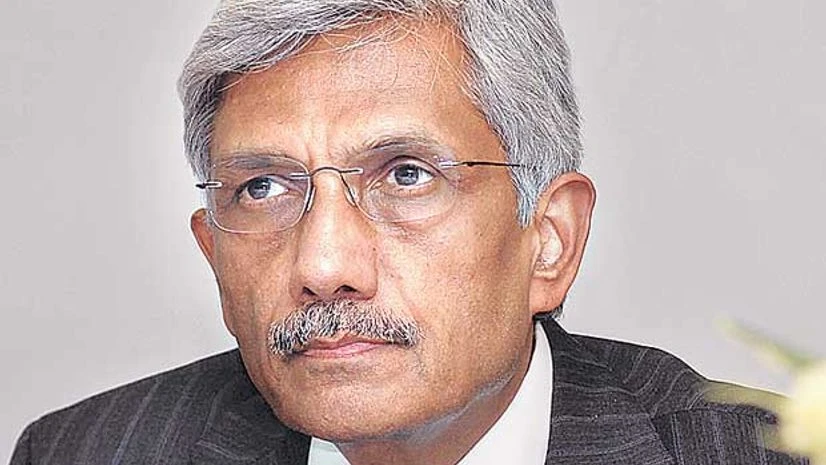On September 15, 2008, when the screens were splashed with red, I was sitting in the office of an international media company for a job interview. The interview went well, but the expected offer never came. The collapse of Lehman Brothers and the global financial crisis that followed ate our jobs.
Not only financial media. It was the same story, perhaps even worse, in brokerages, in banks and even in information technology that had a long list of financial sector clients. People were getting pink slips in scores. As balance sheets began deleveraging, lives were getting wrecked across the globe.
When the screens went red again across the globe on Friday as Brexit became a reality, how to minimise such job losses would be a lingering question for which the establishment needs to be search answers. As markets turn more inward, keeping existing jobs is as important as creating new ones for a young and restless population. Ministers and officials in the government are repeating the usual line that 'India will emerge stronger, fundamentals are strong' and so on. It is hard to say if these are assurances backed by conviction or mouthed to temporarily soothe the volatility.
More From This Section
The European Union is not only the largest trading bloc; its banks are also the largest suppliers of cross-border finance. “So, unsettling of the EU will have significant second derivative impacts (growth, deflation and liquidity shocks).”
Third, they say the private sector itself is seeing diminishing visibility and investors are clinging to overcrowded trades. “Any delta can lead to massive positioning shifts and volatalities.”
If even one of these plays out, that could turn Brexit an event of the magnitude of Lehman collapse or even bigger; the fabled fundamentals might not remain strong for long. If the risk aversion and flight for safety continues, the stock indices will start going weak. If banks in the EU and UK start restructuring operations, jobs could be in danger. One could see more middle-aged men being bitten. We will know the answers in the coming week. Like 9/11 and 9/15, 6/24 will go down as an important date that altered the course of the financial markets.
Prashant Saran
Coincidentally, the date of the Brexit referendum also marked a ‘Prexit’. It was the last day in office of “incorrigible optimist” Prashant Saran, wholetime member of the Securities and Exchange Board of India (Sebi) for seven long years. Saran had come from the Reserve Bank of India in 2009 to join a much happening board, headed by C B Bhave. He had stars such as M S Sahoo and K M Abraham for company.
Surprisingly it was Saran who went on to play a long innings. He came into his own under present chairman U K Sinha, handling key portfolios, including corporate finance and investigation. His order in the PACL matter was hailed as historic, while that in the Bank of Rajasthan case, reversing an earlier decision around the time of his extension, became controversial. But, Saran seemed to have the knack to land on his feet. He might stay in the news as part of the Lodha panel, overseeing refunds to scam-hit PACL investors.

)
